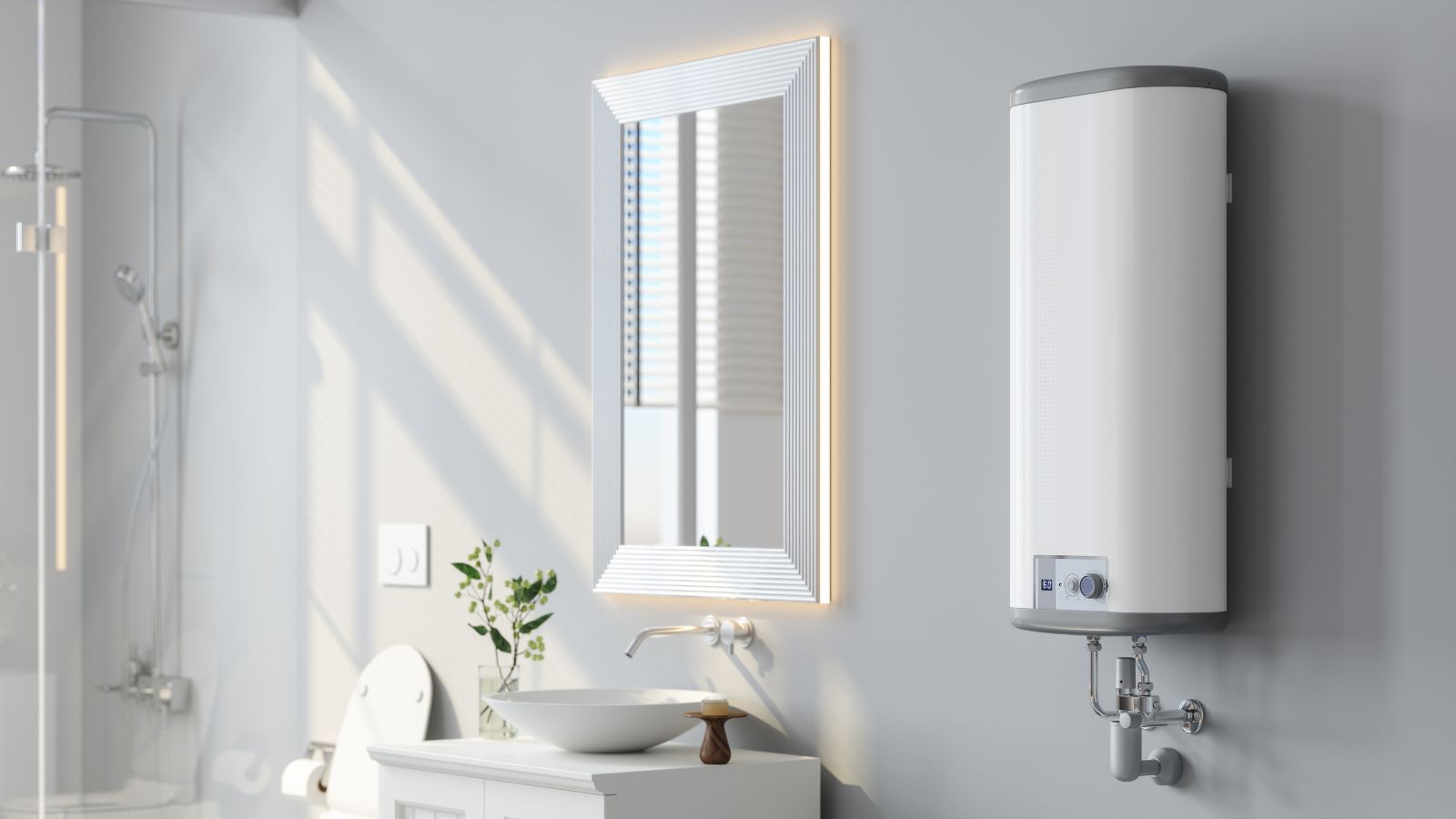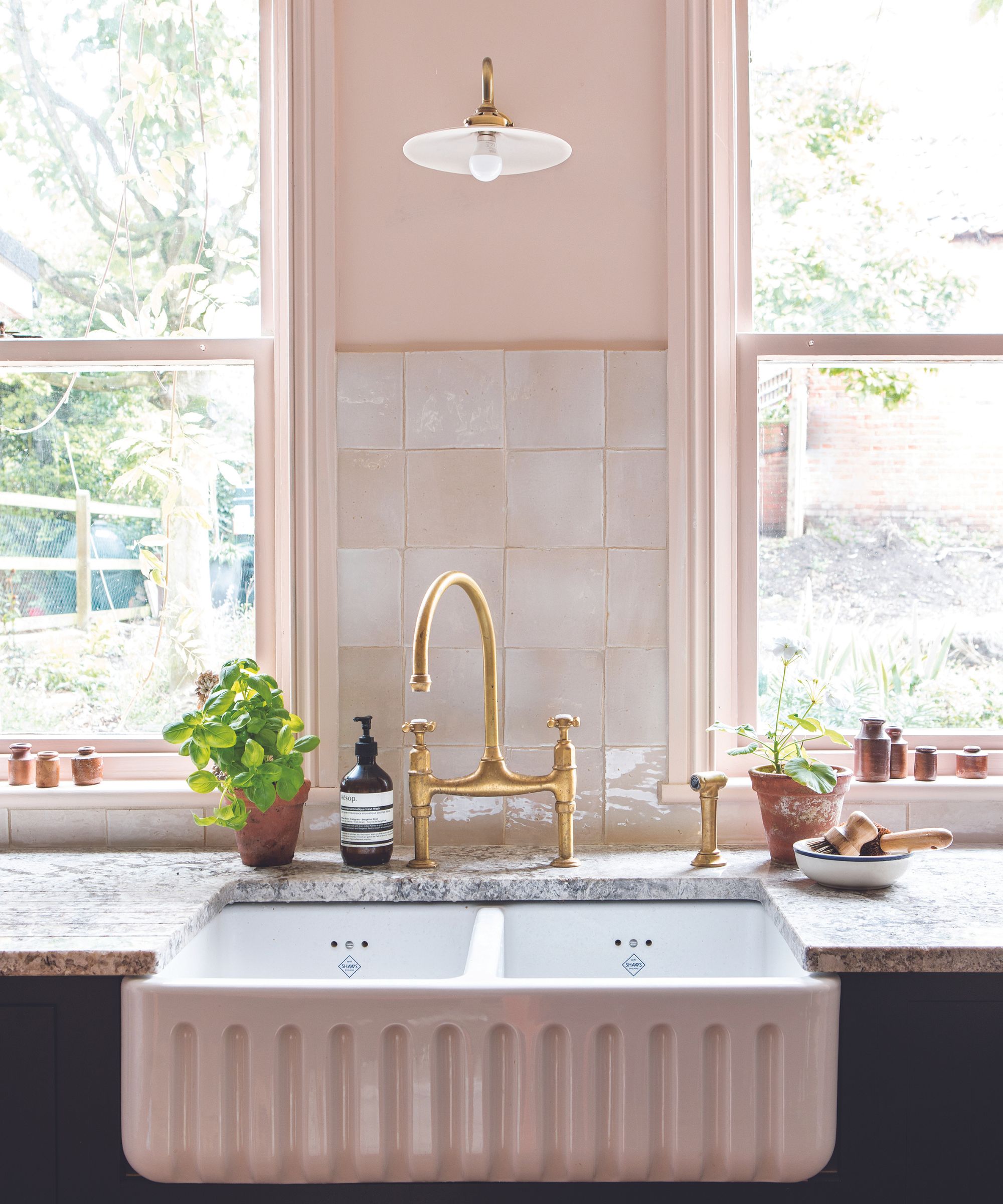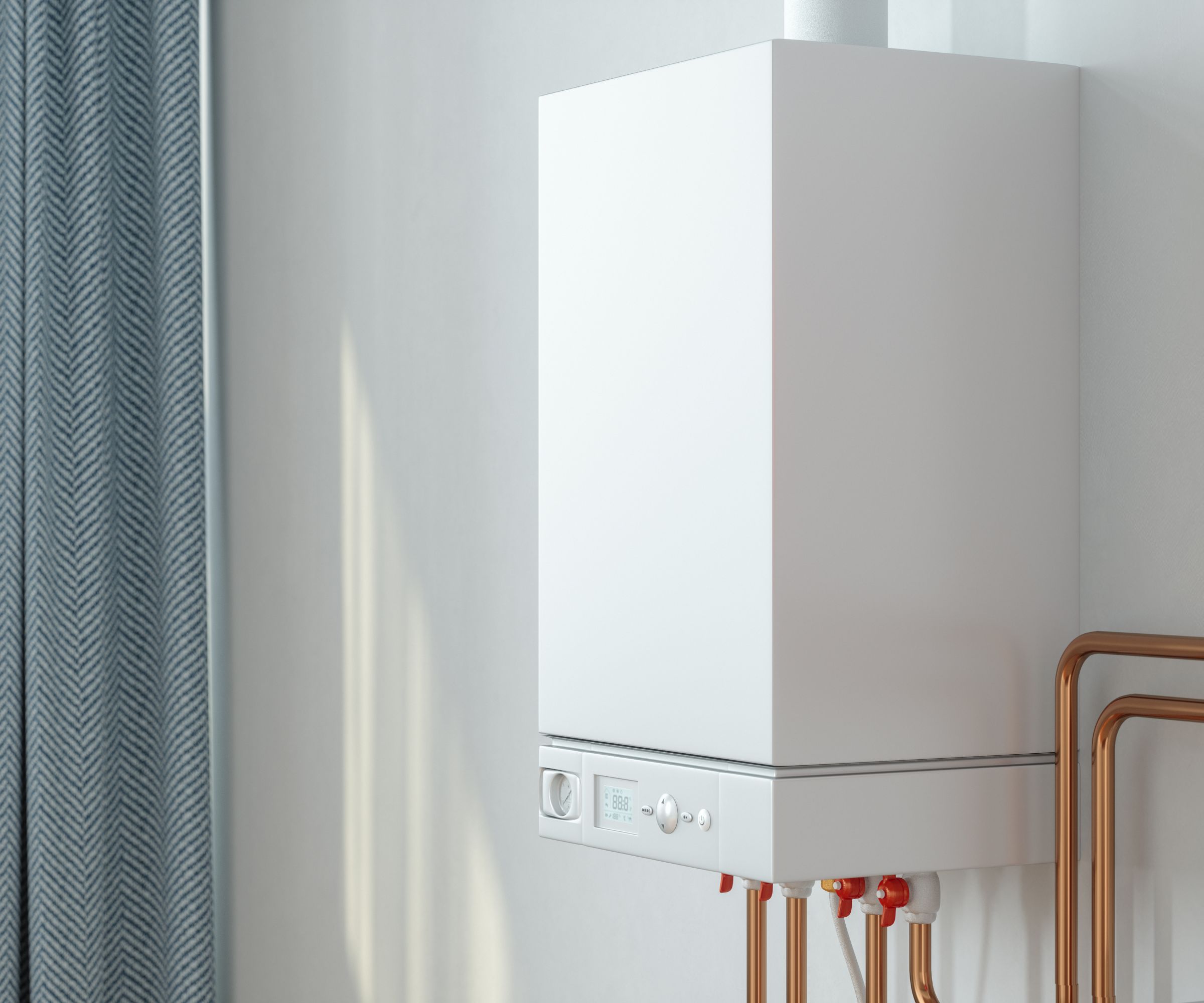
You might be wondering how to increase the efficiency of your water heater and reduce the amount of energy it uses without simply being more frugal with your hot water usage. Well, our plumbing and heating experts have explained how to avoid unnecessary energy consumption and higher utility bills.
From preventing inefficient operation, and performing some essential water heater maintenance, to adding some heat-saving additions, taking these proactive steps can make a big difference.
Whether you want to live a more eco-friendly lifestyle or cut energy bills, these tricks are a great way to make your water heater more energy-efficient and minimize waste.
How to make your water heater more efficient
Below, are six ideas and home maintenance tasks to lower your energy bills and improve your home heating system's energy efficiency.
1. Add insultation

For older water heater models, insulation can make a big difference in reducing standby heat loss.
According to Josh Mitchell, a plumbing expert and Founder of Plumbing Lab, 'Installing an insulation blanket to the tank can cut heat loss by 25-45%, resulting in savings of 4-9% on water heating costs.'
Jimmy Hiller, the CEO and President of Happy Hiller, plumbing services, further explains: 'Insulated water heaters consume less energy because they save heat more efficiently. So, if you have a traditional water heater with a tank, check if your tank has insulation with an R-value of at least 24. If it doesn't, insulate it using water tank insulation jackets.'
These are affordable and easy to install. You can find this Frost King water heater insulation blanket at Amazon. However, it's important to follow the manufacturer's instructions carefully to avoid covering essential controls and vents.
2. Set a timer

If you own an electric water heater, it's a good idea to install a timer to control its operation. Running your water heater 24/7 is unnecessary, and it can result in standby heat loss.
By setting it on a schedule, you can ensure that your water heater is only working when needed. For instance, you can program a timer to turn off the heater during your usual sleeping hours or when your home is unoccupied. This step can drastically reduce energy consumption.
3. Lower the thermostat setting

'One of the simplest yet most effective ways to save on energy costs is by adjusting the thermostat setting on your water heater,' advises Josh Mitchell.
'Many heaters come preset at higher temperatures than necessary, leading to unnecessary energy consumption. By lowering the thermostat to 120°F (49°C), you can achieve comfortable water temperatures while reducing energy usage. It's a small adjustment that can yield significant savings over time.'
4. Insulate hot water pipes

Insulating the hot water pipes connected to your heater is another effective way to minimize heat loss and improve efficiency.
'By insulating the first few feet of both hot and cold water pipes, you can reduce the wait time for hot water at the tap, ultimately conserving both water and energy,' says Josh Mitchell. You can use these easy-to-install foam pipe covers for heat preservation, from Amazon.
5. Drain and flush your water heater regularly

Over time, sediment and minerals can accumulate in your water heater, which can hinder its performance by making it work harder to heat the water.
To maintain its optimal performance, it is recommended to drain and flush your water heater regularly to get rid of this buildup.
How often you should drain your water heater will depend on a few factors, but doing it at least once a year should suffice. However, for better results, it is advised to do it every six months to once a year.
6. Consider upgrading to a tankless water heater

'If your water heater is old and inefficient, upgrading to a newer, energy-efficient model can deliver substantial long-term savings,' advises Josh Mitchell. 'Choose an energy-efficient appliance by looking for ENERGY STAR(R) certified heaters, which are designed to meet strict energy efficiency criteria and can significantly reduce energy consumption compared to standard models.'
'Traditional water heaters store and constantly heat a large amount of water, even when not in use. This can lead to unnecessary energy consumption and higher bills. On the other hand, tankless water heaters only heat water as it's needed, resulting in significant energy savings.'
Annual inspections and maintenance checks conducted by a qualified professional are crucial to ensure that your water heater operates efficiently and reliably. A comprehensive inspection can uncover issues such as leaks, faulty pressure relief valves, or corroded anode rods that may hinder performance. Addressing these issues promptly can prevent costly repairs down the line and ensure optimal efficiency.







